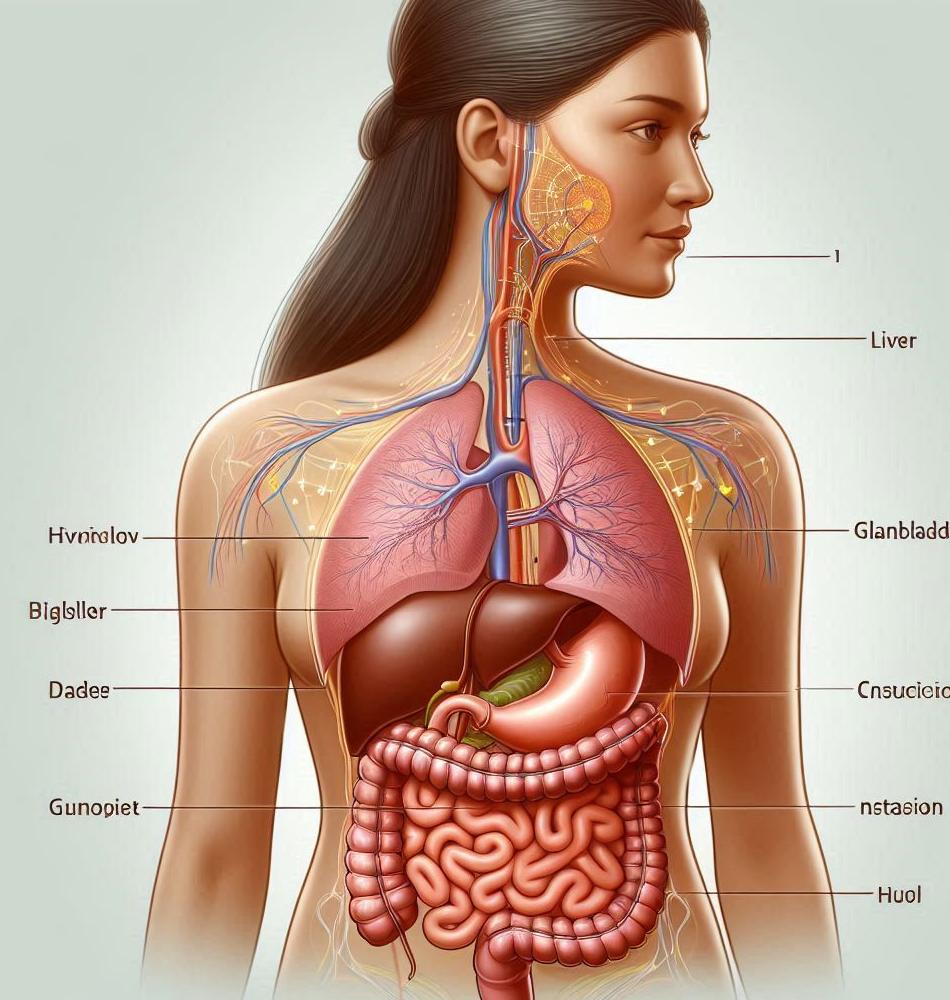Vomiting is a natural reflex that most individuals have experienced at some point in their lives. While throwing up in itself can be unpleasant, bile vomiting can add an entirely different layer of discomfort and concern. This article dives deeper into the causes of bile vomiting, helping you understand why it occurs and what you can do about it.
What is Bile? 🔍
Bile is a digestive fluid produced by the liver and stored in the gallbladder. It plays an integral role in digesting fats and aiding in the absorption of fat-soluble vitamins in the small intestine. Bile is typically a greenish-yellow color due to the presence of a pigment called bilirubin, which is a byproduct of the breakdown of red blood cells. So, when bile is vomited, it can indicate several underlying health issues.
Reasons for Bile Vomiting 🌪️
Bile vomiting can be alarming, and understanding its causes is the first step towards addressing it. Below are some common causes:
1. Intestinal Obstruction 🔄
When there is a blockage in the intestines, bile cannot pass through the digestive system properly, leading to the backward flow of bile into the stomach. Conditions that can cause an intestinal obstruction include:
- Tumors- Adhesions from surgical scars- Crohn’s disease2. Gastroenteritis 💧
This inflammation of the stomach and intestines can be caused by viral or bacterial infections. Both conditions may lead to severe nausea and vomiting of bile as the body tries to rid itself of the irritants.
3. Bile Reflux 🤮
Bile reflux happens when bile flows back into the stomach from the small intestine. Unlike acid reflux, which comes from the stomach, bile reflux can lead to bile vomiting. This might be triggered by:
- Gallbladder surgery- Peptic ulcers- Certain medications4. Alcohol Poisoning 🍻
Consuming excessive amounts of alcohol can irritate the stomach lining, leading to intense nausea and vomiting. If someone experiences bouts of vomiting after heavy drinking, they might eventually vomit bile.
5. Severe Dehydration 💧
Dehydration, especially after prolonged vomiting or diarrhea, can lead to bile vomiting. When the body lacks adequate fluids, it creates a scenario where the stomach may empty out its contents, resulting in bile production without food to accompany it.
Symptoms to Watch For 🔔
In addition to vomiting bile, individuals may experience a variety of symptoms that can indicate a more serious condition. They include:
- Abdominal pain- Nausea that does not subside- Jaundice or yellowing of the skin and eyes- Fever and chills- Dehydration symptoms such as dry mouth and dizzinessDiagnosis of Bile Vomiting 🩺
To pinpoint the cause of bile vomiting, healthcare providers may perform several diagnostic tests, which include:
- Detailed medical history- Physical examinations- Blood tests to check liver function- Imaging tests such as ultrasounds or CT scans to identify blockages or other abnormalitiesTreatment Options 🛠️
Treatment for bile vomiting largely depends on the underlying cause. Here are some common approaches:
1. Lifestyle Changes 🔄
In some cases, adjusting one’s diet may help alleviate symptoms. Suggestions include:
- Avoiding fatty foods- Eating smaller, more frequent meals- Staying hydrated2. Medications 💊
Medications to control nausea and vomiting may be prescribed. Some options include:
- Antiemetics to control vomiting- Proton pump inhibitors to reduce stomach acid- Antibiotics if an infection is present3. Surgical Intervention 🔨
In situations involving obstruction or severe complications, surgical intervention may be necessary. This could include:
- Removing blockages caused by tumors- Correcting anatomical issues in the digestive tract4. Home Remedies 🌱
In less severe cases, home remedies may help soothe symptoms, such as:
- Ginger tea or ginger ale- Peppermint tea- Staying hydrated with clear fluidsFrequently Asked Questions ❓
- What should I do if I vomit bile?- Is bile vomiting dangerous?- Can diet affect bile vomiting?- When should I see a doctor for bile vomiting?- Are there preventive measures for bile vomiting?When to Seek Medical Attention 🚑
It is vital to seek medical attention if you or someone you know experiences recurrent bile vomiting, especially if accompanied by severe abdominal pain, fever, or jaundice. Prompt evaluation can help diagnose serious conditions early and manage them effectively.
Conclusion 🎉
Bile vomiting can arise from various issues, ranging from minor digestive disturbances to serious medical conditions. Understanding its causes can empower individuals to seek appropriate treatment. If you find yourself or a loved one experiencing this distressing symptom, do not hesitate to consult a healthcare professional to ensure a proper diagnosis and treatment plan. Remember, the sooner you address the underlying cause, the closer you get to effective management and recovery.


